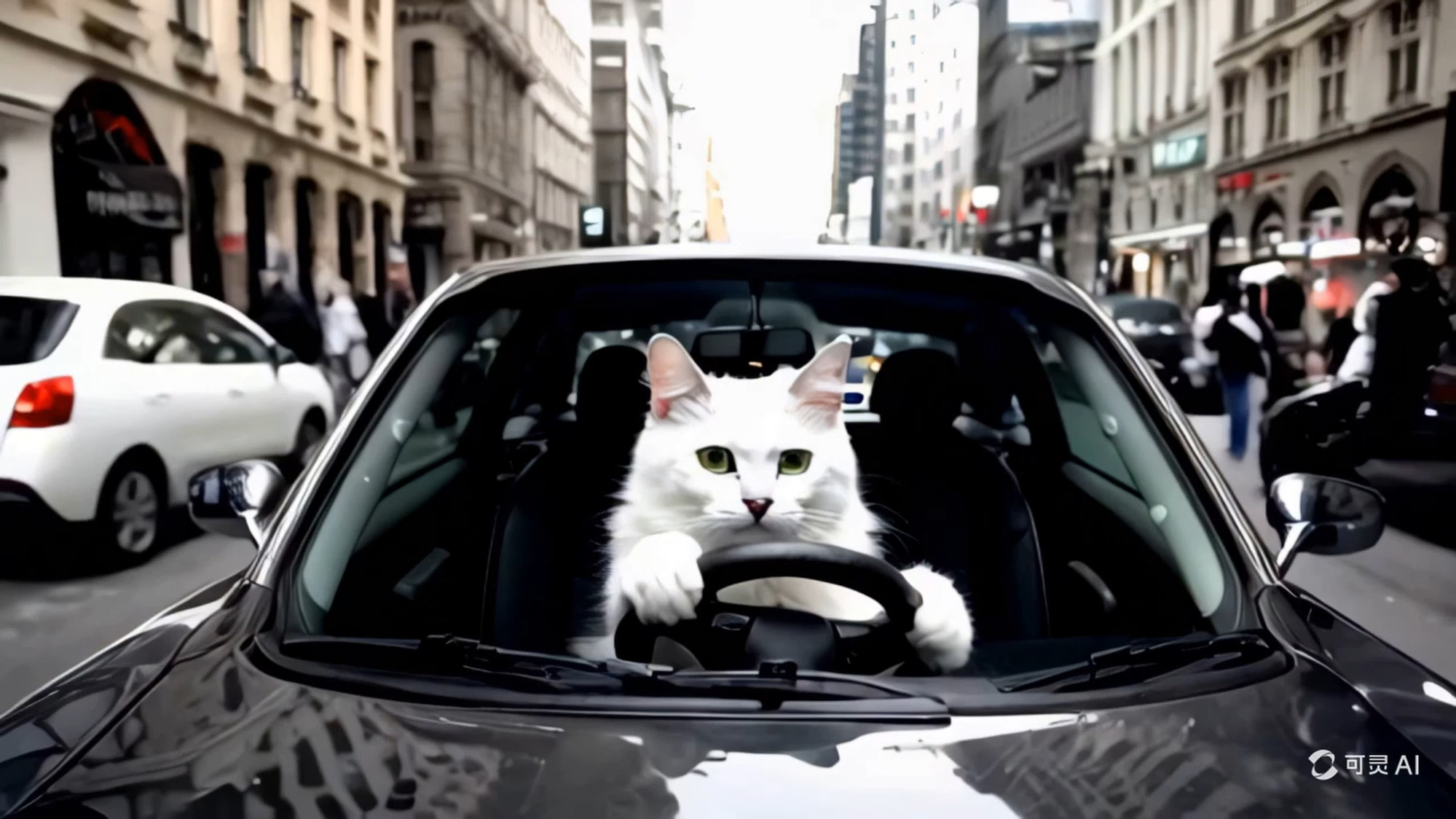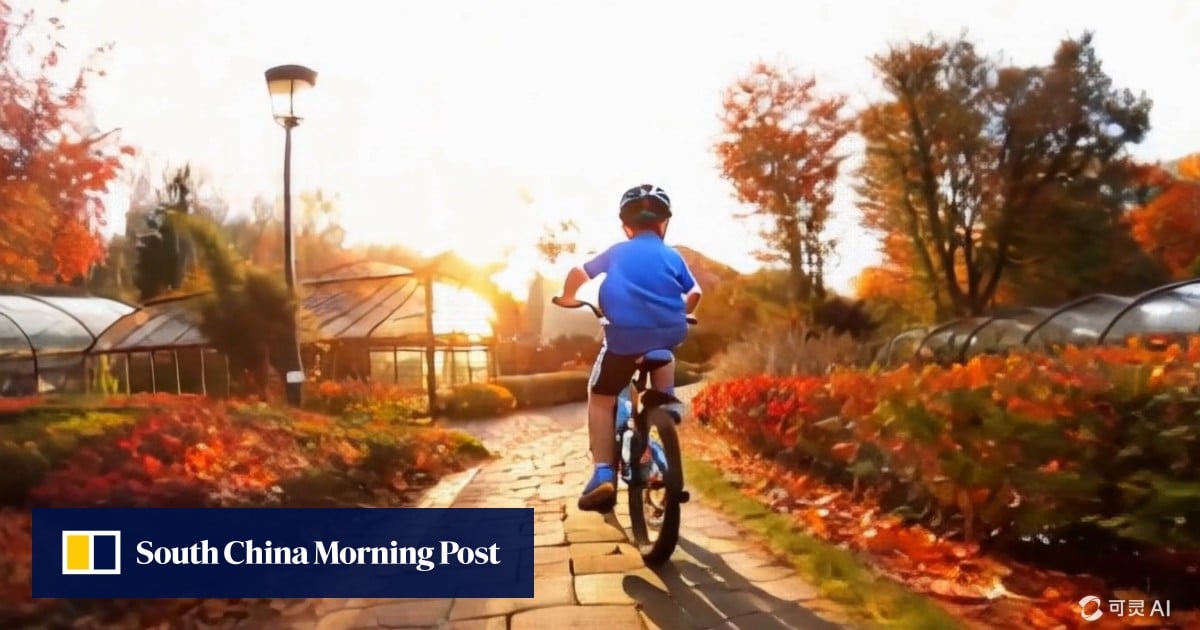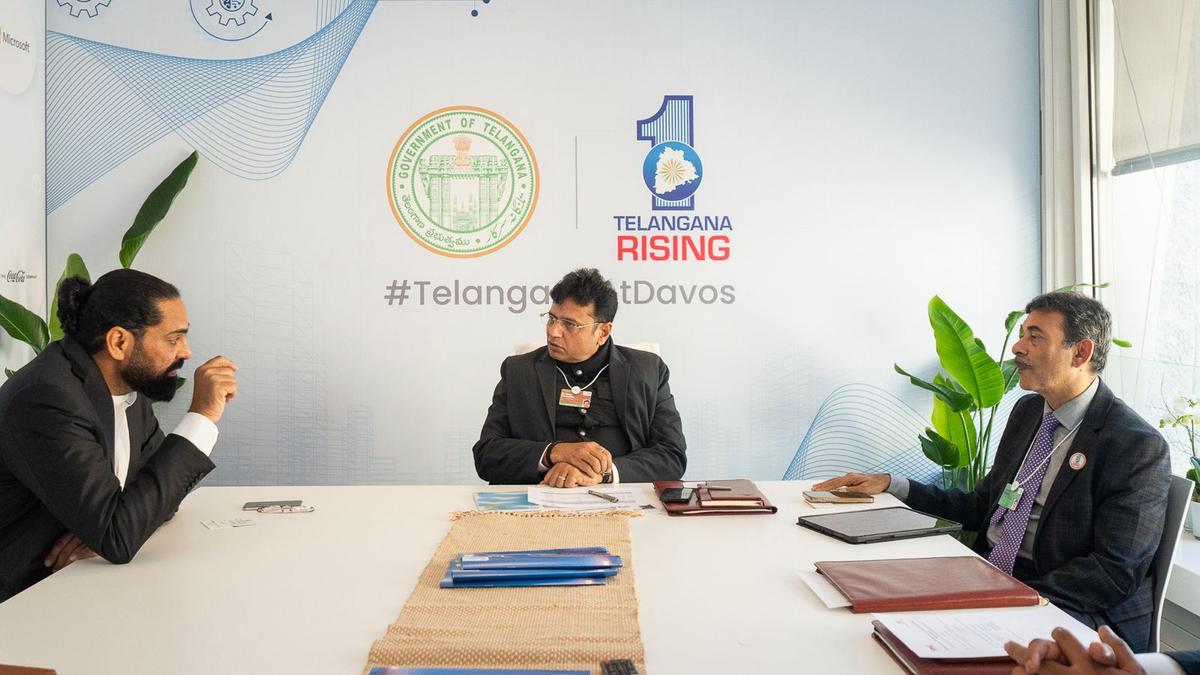China’s No 2 short video app Kuaishou unveils Sora-style product amid rush to catch up in AI
Chinese short-video app Kuaishou, the major rival of TikTok’s sister app Douyin, has launched a text-to-video service similar to OpenAI’s Sora, in the latest sign that Chinese Big Tech firms are trying hard to catch up with US counterparts in artificial intelligence (AI) applications.
The Kling AI Model, which is in the trial stage, can process text into video clips up to 2 minutes long with 1080p resolution, supporting various aspect ratios, app operator Kuaishou Technology said. It can interpret prompts to generate videos that mimic the physical world and create imaginative scenes from text instructions, it added.
Among a series of demonstration videos posted by Kuaishou, a white cat is seen driving a car through busy city streets, with skyscrapers and pedestrians in the background; a Chinese boy wearing glasses eats a cheeseburger in a fast-food restaurant; and a child rides a bicycle in a garden, experiencing the changing seasons.
Kuaishou is one of a number of Chinese tech companies racing to launch challengers to Sora. In April, local start-up Shengshu Technology, in collaboration with Tsinghua University, launched a similar tool called Vidu. Zhipu AI, one of China’s leading generative AI start-ups, reportedly plans to release its counterpart later this year.
The text-to-video feature is Kuaishou’s latest AI innovation, following its KwaiYii large language model (LLM) and text-to-image model Kolors, which was launched in May. An “AI Dancer” feature, available in the Kuaishou app and the video production application Kwaiying, allows users to upload a still photo to generate videos of the character dancing to specific rhythms and movements. The company said an image-to-video feature – also based on the Kling Model’s capabilities – will be launched soon.
Fu Ruiji, a tech leader at Kuaishou’s Knowledge Graph and LLM projects, left the company to “prepare for an AI start-up project”, as reported by Chinese media outlet LingTai in May, amid the AI start-up boom in China’s tech industry.
Meanwhile, Chinese social media and video gaming giant Tencent Holdings claimed that its Hunyuan LLM is now among the world’s best. It has been enhancing its AI models to create images and videos based on text prompts, according to company president Martin Lau Chi-ping, who called the endeavour “the most important for us this year” on a March conference call with the media.

Kuaishou posted strong quarterly results on May 22, with a net profit of 4.12 billion yuan (US$575.1 million), compared with a net loss of 876 million yuan a year earlier. Its revenue rose 17 per cent to 29.41 billion yuan year on year, driven largely by online marketing services and its e-commerce business. Total e-commerce gross merchandise value grew 28 per cent to 288.07 billion yuan during the quarter.
Kuaishou claims nearly 400 million daily active users, making it the second-largest short-video app in China, next to ByteDance’s Douyin, which has over 600 million daily active users.




:quality(85):upscale()/2025/01/21/935/n/1922507/1bb76df3679011223c7564.17630251_.png)



